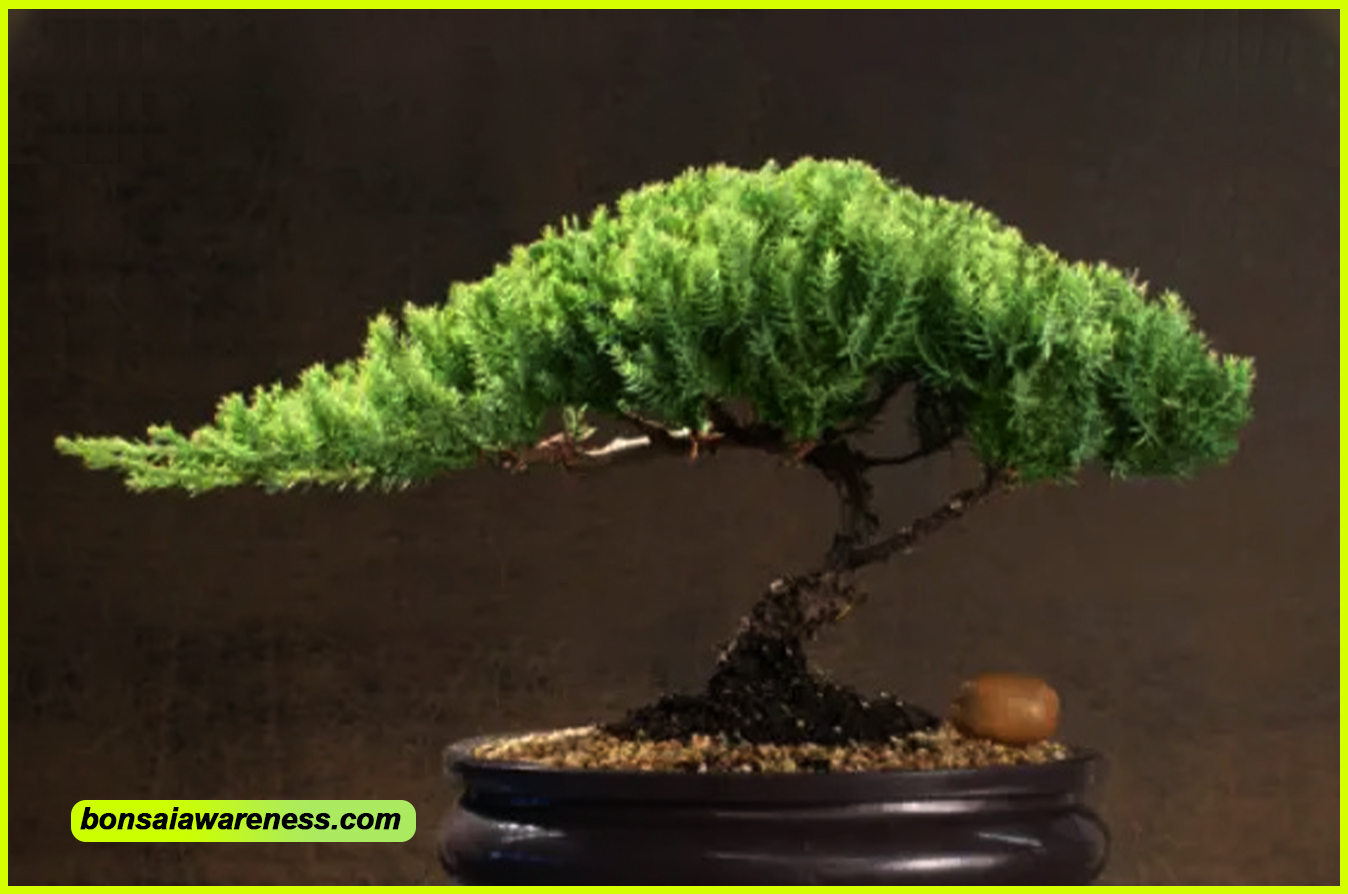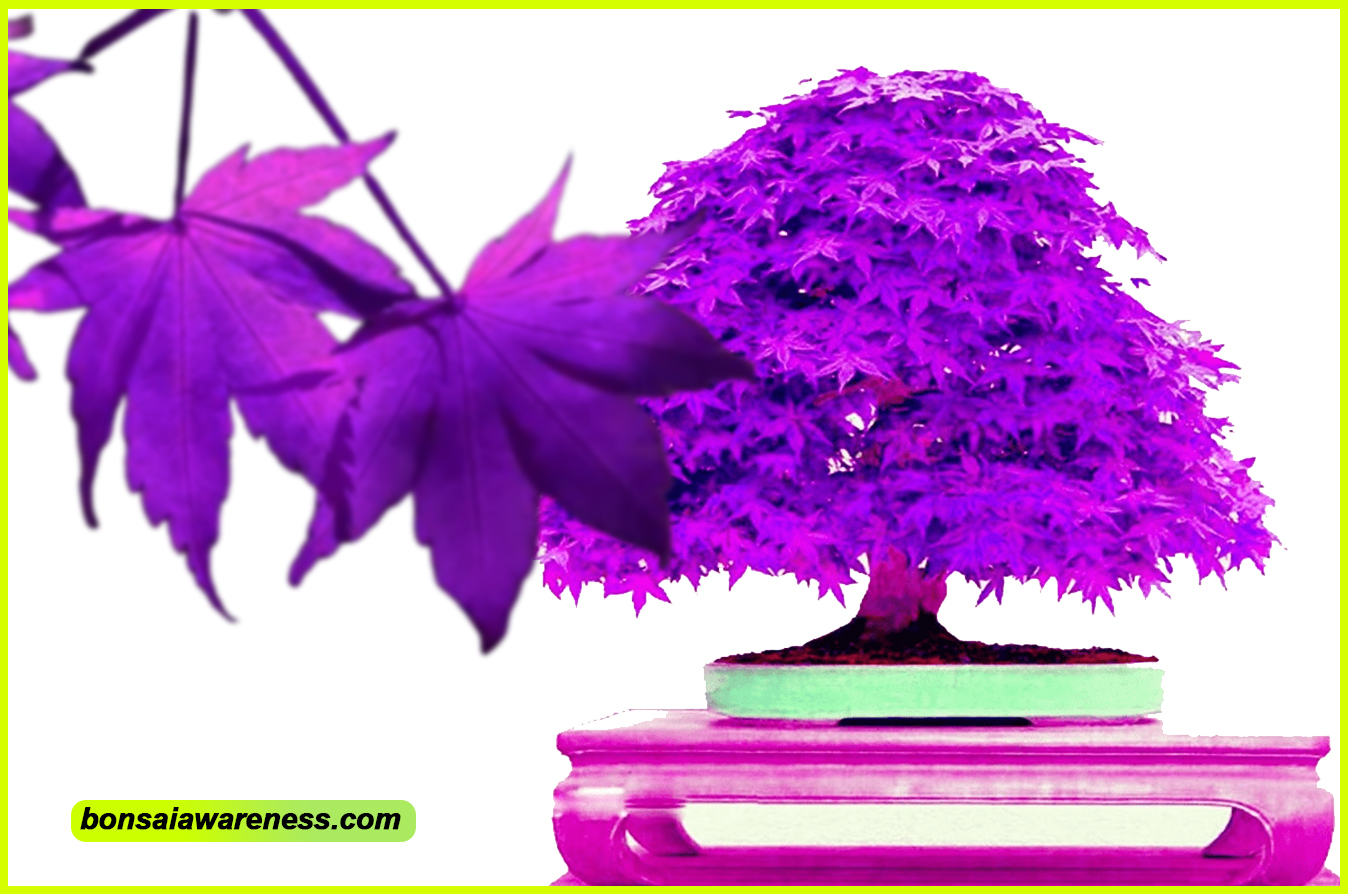A bonsai tree can cost anywhere from $20 to $500. Bonsai trees are miniature trees that have been meticulously cared for to maintain their small size.
Originating in Japan, these trees have become popular all over the world as decorative and artistic plants. The price of a bonsai tree can vary depending on several factors, including the species of tree, its age, and the expertise of the grower.
While smaller and younger bonsai trees are generally more affordable, larger and more mature specimens can fetch higher prices. Additionally, rare or unique species might command a higher price due to their scarcity. Whether you are a beginner or an experienced enthusiast, there is a bonsai tree out there to fit your budget and aesthetic preferences.
What Determines The Cost Of A Bonsai Tree
A bonsai tree is a miniature tree that requires specific care and training to maintain its small size and elegant appearance. The cost of a bonsai tree can vary based on several factors.
Firstly, the size and age of the bonsai tree play a significant role in determining its price. Older and larger bonsai trees are generally more expensive due to the time and effort required to train and shape them over the years.
Secondly, the species and rarity of the bonsai tree can impact its cost. Rare and exotic species of bonsai trees are often more expensive than common varieties due to their limited availability and unique characteristics.
The training and styling of the bonsai tree also contribute to its price. Bonsai trees that have been meticulously trained and shaped into intricate forms are typically more valuable than those with less intricate designs.
The pot and display accessories used for the bonsai tree can also increase its cost. High-quality pots and display items can enhance the overall aesthetic appeal of the bonsai tree, resulting in a higher price.
Lastly, the supplier and availability of the bonsai tree can influence its cost. Bonsai trees sourced from reputable suppliers or rare bonsai nurseries may be more expensive compared to those from local garden centers.
Factors Influencing Bonsai Tree Prices
Bonsai trees have become increasingly popular among plant enthusiasts and decorators due to their unique and artistic appeal. However, the price of a bonsai tree can vary depending on several factors.
Firstly, market demand and trends play a significant role in determining the price of bonsai trees. As with any product, the more popular and in-demand a particular type or species of bonsai tree is, the higher its price will be. This is because high demand drives up competition and scarcity, making the trees more valuable.
Secondly, the expertise and reputation of the grower also affect bonsai tree prices. Growers with a renowned reputation and extensive knowledge of bonsai techniques are likely to charge more for their trees. These experienced growers invest significant time and effort into creating healthy and aesthetically pleasing bonsai, thus justifying higher prices.
The condition and health of the bonsai tree are essential factors to consider. Healthier trees with well-maintained foliage and stable growth patterns will generally be more expensive than those in poor condition. Buyers are willing to pay a premium for bonsai trees that have been carefully nurtured and show signs of thriving.
Maintenance requirements are another factor influencing the price of bonsai trees. Certain species may require more attention and specific care techniques, which can increase their value. Buyers who are willing to put in the effort and time to maintain these trees are willing to pay a higher price.
Lastly, the geographical location of the purchase can impact the price. In areas where bonsai trees are scarce or not commonly available, prices may be higher due to the limited supply and the cost involved in transporting the trees.
In conclusion, various factors, including market demand, grower expertise, tree condition, maintenance requirements, and geographical location, contribute to the fluctuation in bonsai tree prices. It is essential for buyers to consider these elements when determining how much they are willing to invest in a bonsai tree.
Typical Price Range For Bonsai Trees
When it comes to the price of a bonsai tree, it can vary depending on various factors. The price range for bonsai trees is quite diverse, ranging from affordable options for beginners to high-end and collector’s items that can be quite expensive.
Entry-level bonsai trees, which are often smaller and less mature, can typically be found in the price range of $20 to $50. These trees are great for beginners who are just starting out their bonsai journey and are looking for a more budget-friendly option.
Intermediate-level bonsai trees, which are slightly more advanced and may have more intricate styling, can be priced between $50 and $200. These trees are a step up in terms of quality and are often more established and well-maintained.
High-end bonsai trees, on the other hand, can range from $200 to several thousand dollars. These trees are usually older, more refined, and may have unique or rare characteristics. They are often sought after by collectors or enthusiasts who are willing to invest in a premium bonsai.
For those looking for something truly extraordinary and unique, collectible and museum-quality bonsai trees can be found at prices upwards of several thousand dollars. These trees are often considered works of art and may have a rich history or prestigious lineage.
| Bonsai Tree Type | Price Range |
|---|---|
| Entry-level Bonsai Trees | $20 – $50 |
| Intermediate Bonsai Trees | $50 – $200 |
| High-end Bonsai Trees | $200 – Several Thousand Dollars |
| Collectible and Museum-Quality Bonsai Trees | Several Thousand Dollars and Above |
| Extraordinary and Unique Bonsai Trees | Several Thousand Dollars and Above |
Tips For Buying A Bonsai Tree On A Budget
Bonsai trees can be purchased within a budget by considering young and developing trees. To experiment with less common species and save money, look for local bonsai groups or enthusiasts. Buying pre-bonsai trees can be a cost-effective option. You can also invest in quality tools and supplies for long-term savings.
Beyond The Price: Other Considerations
Bonsai trees hold sentimental value to many as they symbolize personal connection and emotional significance. Along with their aesthetic appeal, these miniature trees offer educational and therapeutic benefits. They are a long-term investment that can appreciate in value with proper care. Understanding bonsai tree care and maintenance is crucial to their longevity. Additionally, bonsai trees carry cultural significance and symbolism in various traditions, adding an extra layer of value to their ownership.
Frequently Asked Questions On How Much Is A Bonsai Tree
How Much Can A Bonsai Tree Cost?
The cost of a bonsai tree can vary, starting from around $20 to several hundred dollars, depending on factors like size, age, species, and overall condition.
Are Bonsai Trees Worth It?
Bonsai trees are worth it for those who appreciate their unique beauty and enjoy the art of cultivating miniature plants. They bring a sense of tranquility and can be a rewarding hobby. With proper care, they can live for decades, making them a worthwhile investment for enthusiasts.
Is Growing Bonsai Expensive?
Growing bonsai can be affordable as it depends on factors like the type of bonsai, size, and age. Initial costs include buying a bonsai tree and necessary tools. Ongoing costs involve fertilizer, pots, and other maintenance supplies. However, with careful planning and budgeting, bonsai cultivation can be an enjoyable and reasonably priced hobby.
What Is The Minimum Cost Of A Bonsai Tree?
The minimum cost of a bonsai tree depends on several factors, such as its species, size, and age. However, you can generally find smaller bonsai trees starting from around $20. Prices may vary based on the seller and the specific tree’s characteristics.
Conclusion
To sum up, understanding the cost of a bonsai tree depends on several factors: the size, species, age, and overall quality. By considering these factors and doing thorough research, you can find a bonsai tree that fits your budget and preferences.
Keep in mind that investing in a bonsai tree is not only about the price but also about the beauty, joy, and tranquility it brings to your life. Happy bonsai hunting!


Leave a Reply